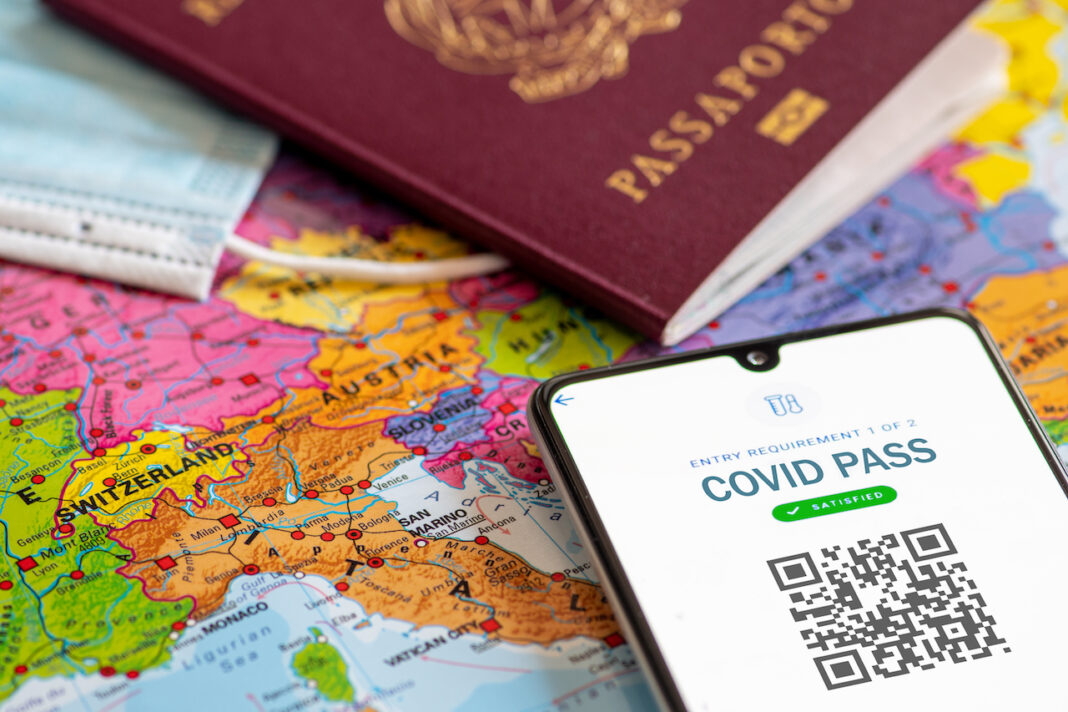When a once (hopefully) in a lifetime event occurs, it’s fairly clear that some things will never be the same again.
A global pandemic that brought the gaming industry to its knees, closed down international borders, grounded air travel and crippled economies is bound to spark some changes. In fact some people note that it’s often events such as this that are the catalyst for real innovation.
Combine some of these changes with advances in technology and exciting times may lay ahead.
In our Focus section this month, we take a look at some things that will be different once the industry fully recovers.
We start by looking at the traditional casino floor layout. The days of long banks of slot machines have gone due to social distancing requirements that require every other unit to be turned off.
The rules have required casino floor managers to be more creative and to listen to what the customer wants and how the customer wants to play. People are social, but are more wary than before of people they don’t know and slot machine set up needs to reflect this change.
Those that have listened have found the changes are paying off in terms of more revenue from fewer machines.
We also look at how Covid has driven the adoption of technologies to improve the customer journey. Customers want frictionless play and the casino of the future will need to respond if they are to get them to come back through the doors.
This is likely to involve the introduction of more smart tables and table game systems, as well as no chip, or virtual chip play.
Such a move could trigger innovation in betting types for table games, such as in the run betting.
Not all is positive, however. As casinos open up around Asia, operators may find that the Chinese punter doesn’t come flocking back in the same way as had been anticipated. While the world has been focused on Covid and the closure of borders, Beijing has been intensifying its campaign against gambling and cross border capital outflows.
It has shown itself to be merciless when it comes to achieving its policy goals, as industries such as technology and education have found out to their cost.
We ask again what this might mean for gambling in Asia and those casinos readying to accept Chinese guests. Will they be disappointed and do we need to accept the idea that Macau might also be in the crosshairs.
In a similar vein, our last article in the series takes a look at China’s ban on children gaming more than three times a week. We ask whether the ban will have an impact on the esports community of which China is such a large and growing part.
If the young are unable to practise, where will the esports stars of the future come from?























